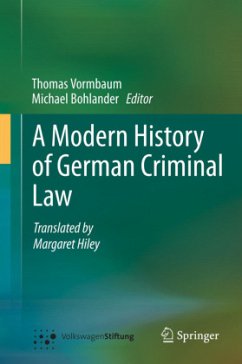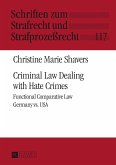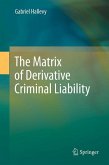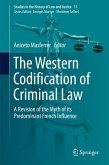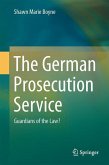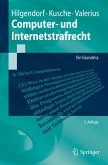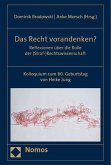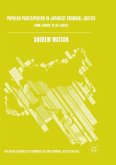Increasingly, international governmental networks and organisations make it necessary to master the legal principles of other jurisdictions. Since the advent of international criminal tribunals this need has fully reached criminal law. A large part of their work is based on comparative research. The legal systems which contribute most to this systemic discussion are common law and civil law, sometimes called continental law. So far this dialogue appears to have been dominated by the former. While there are many reasons for this, one stands out very clearly: Language. English has become the lingua franca of international legal research. The present book addresses this issue. Thomas Vormbaum is one of the foremost German legal historians and the book's original has become a cornerstone of research into the history of German criminal law beyond doctrinal expositions; it allows a look at the system's genesis, its ideological, political and cultural roots. In the field of comparative research, it is of the utmost importance to have an understanding of the law's provenance, in other words its historical DNA.
Bitte wählen Sie Ihr Anliegen aus.
Rechnungen
Retourenschein anfordern
Bestellstatus
Storno

